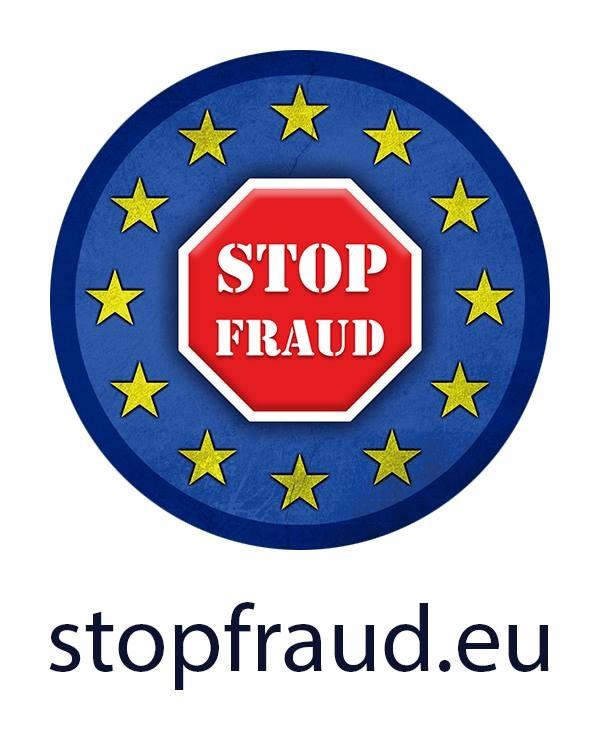
A political agreement has recently been reached on new rules for the European Citizens’ Initiative. The changes, which are based on the experience of the initiatives initiated since their introduction and on feedback from their initiators and promoters, include several welcome improvements and some constraints. In this post, I will deal with the possibilities and constraints of communicating an initiative to collect signatures.
For an initiative to be successful, wide publicity is needed quickly: every month lost means that 8 % more signatures are required for every day left.
Until now, the signature collection system had to be certified by an information security authority of the country where the system is hosted. In many cases, setting up and auditing the system could only begin after the European Commission had registered the initiative.
With the audit for the certification taking up to a month, this translated into lost time for collecting signatures and for finding organisations and the press to publicise it, since this process could be kicked off only after the signature collection system was available.
Under the new rules, the collection period does not start automatically at registration but can be delayed for six months, allowing time for preparations to be made.
According to the former rules seven individuals were needed to officially launch an initiative. It has become apparent that all the successful initiatives were backed by organisations – and some even had the support of several governments.
There were rumours that this could be seen as enabling organisations to be among the initiators. This raises the question as to whether the initiative is intended to enable citizens to participate proactively in the democratic process or whether it gives existing organisations another channel to lobby European legislators. In fact, some NGOs have boasted that they have sponsored successful initiatives.
Finally, the new rules for European citizens’ initiatives only allow organisers to establish a legal entity solely for the purpose of managing the initiative. This does not take into account the role of NGOs but retains the role of individual citizens.
What support can organisers count on when publicising their initiative? The European institutions feel obliged to be neutral, even if an initiative’s objectives are pro-European.
However, the Commission finances the European Citizens’ Initiative Forum. The Forum is run by several organisations and helps with tips and methods, including on campaigns.
The European Economic and Social Committee also has a support team and organises an annual ‘ECI-day’. These organisations, however, remain within the ‘ECI bubble’ and, as such, their assistance is not significant for reaching a wider public.
However, their help in sharing experiences could be useful. An interesting aspect of the new rules is that it requires Member States to establish contact points to provide free information and assistance to groups of organisers.
I think it is in the interest of the whole of Europe that platforms are created to reach a wide audience of European citizens to promote ongoing initiatives while remaining neutral as regards their content.
Contributors
Laszlo SZABOLaszlo SZABO is an initiator of the STOP FRAUD and abuse of EU FUNDS European citizens’ initiative


Leave a comment
To be able to add comments, you need to authenticate or register.